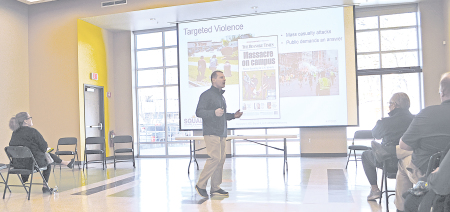Look For The Foreign Label
Published:
November 30th, 2006
By:
Steven and Cokie Roberts

A TV commercial 20 years ago, urging shoppers to buy American-made clothing, contained the memorable refrain: “Look for the union label.” That era is long over. Buying only domestic garments would leave your kids shivering this winter.
But here’s a heretical suggestion for the holiday season: as you purchase sweaters and games and bikes to put under the tree, look for the foreign label. Notice how many of your gifts are made abroad, and take a moment to realize you are benefiting from globalization and free trade.
Free trade is hardly a popular idea today. Just before President Bush flew to Asia, Congress slapped him in the face by shelving a market-opening pact with Vietnam. The deal will probably be approved next year, but the vote signaled a major shift in public sentiment.
As former Treasury Secretary Robert Rubin, a strong advocate of open markets, told bankers meeting in Hong Kong: “There’s a tremendous backlash against trade liberalization. It’s one of the biggest challenges facing the global economy.”
This backlash is not only dangerous, but wrong-headed. Every economic study confirms that free trade is a powerful engine for growth and prosperity, by far the best anti-poverty program anywhere. All those workers in China and Chile crafting toys for Santa can now afford American-made movies and computers. But there’s a problem.
Continue Reading This Story
Subscribe now at half price for a limited time!
Comments








